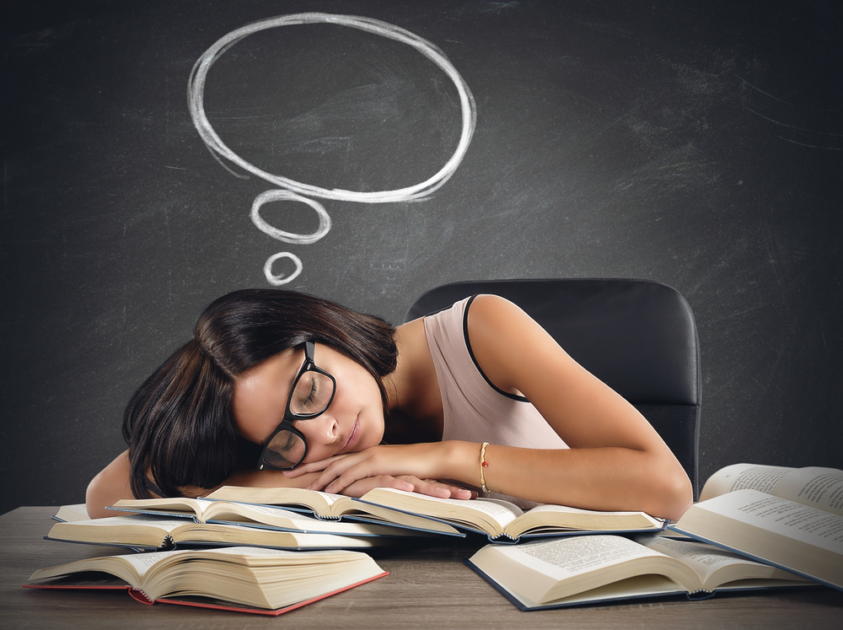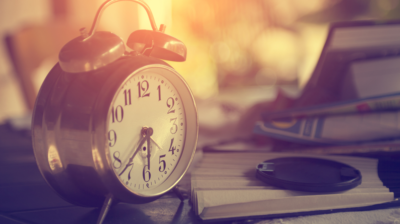The basic science of sleep
The basic ins and outs of how sleep works

Have you ever considered what happens when you go to sleep and why? Many people haven’t, even though it’s so important to our health. So what actually happens when we go to bed at night?
How we fall asleep
There are a bunch of chemical and natural processes in your body that control your sleep. Some of those processes monitor when you go to sleep, how long you have been awake, and what’s the best time of day to sleep. These processes, combined with environmental factors such as light and temperature, interact to make you sleepy at the same time every day.
There is also a chemical in your eye called melanopsin, which notices when there’s no daylight. This starts the processes that make you feel sleepy.
What happens when we fall asleep?
There are two kinds of sleep:
- non-rapid eye movement (non-REM) sleep
- rapid eye movement (REM) sleep
You can go through these two kinds of sleep in regular cycles when you’re asleep, from the three stages of non-REM sleep, to REM sleep, and back again.
What’s the difference between non-REM and REM?
Both REM and non-REM are all to do with the different stages or phases of sleep you are in.
Non-REM sleep
Non-REM sleep has three phases, which last between 5 and 15 minutes each.
- Stage 1: Your eyes will be closed during this phase, but it will still be easy to wake up.
- Stage 2: This is a medium sleep. Heart rate slows down and body temperature gets lower, to get you ready for deep sleep.
- Stage 3: This is deep sleep. You’ll be harder to wake up, and if someone were to wake you up, you’d feel a bit disorientated. This is when you body repairs, builds down and muscle, and strengthens your immune system.
REM Sleep
This happens around 90 minutes after falling asleep. The first period of REM sleep during the night lasts around 3-5 minutes, but each later period of REM sleep lasts longer, with the final one lasting up to an hour. During REM sleep, your heart rate quickens, you can have intense dreams and your muscles go into a kind of paralysis.
The sleep cycle
Every night you go through 3-6 sleep cycles of around 90 minutes each. Each sleep cycle consist of Stages 1-3 of non-REM sleep followed by REM sleep.






